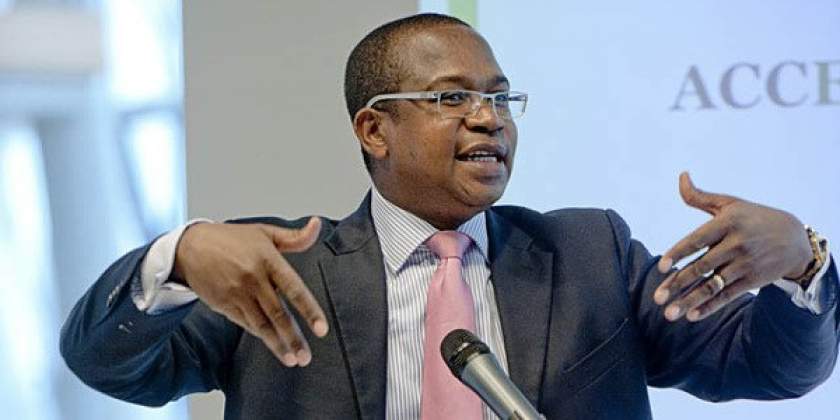
FINANCE minister Mthuli Ncube has been criticised for failing to prioritise the funding of health in the 2019 budget, with health lobbyists dismissing it as a mere ‘ritual’ and a piece meal, which falls short in addressing the comatose health delivery system, plagued by drug outages and poor infrastructure.
BY PHYLLIS MBANJE
Although the allocation of $694,5 million (9,3%) is an increase of 33% from last year’s, it is still a far cry from the target of 15% set in 2001 by members of the African Union during a conference in Abuja, Nigeria.
Pitted against galloping prices for drugs, often charged in foreign currency, and an acute shortage of essential equipment in public health facilities as well as key staff, the amount is a far cry from the target of $1,3 billion, which the ministry requires to function properly.
In his presentation, Mthuli said “focus will be on ensuring that the referral system is re-established”.
Community Working Group on Health chief executive Itai Rusike said the allocation was inadequate.
“The massive increase in essential drug costs, drop in drug purchase by low income people and a fall in use of essential health care services are all issues that need looking into,” he said.
Rusike said the state of health services’ near-collapse is directly related to government misplacing its priorities.
- Chamisa under fire over US$120K donation
- Mavhunga puts DeMbare into Chibuku quarterfinals
- Pension funds bet on Cabora Bassa oilfields
- Councils defy govt fire tender directive
Keep Reading
Health lobbyist Fungisayi Dube, of the Citizens Health Watch, said the budget demonstrated that government did not prioritise health services.
“The budget sounds more like just a process or ritual that needs to be done. If the government really appreciated the challenges in the hospitals, they would have given a meaningful allocation,” she said.
Dube said it was disappointing to note that there had not been a deliberate effort to address maternal health challenges against a backdrop where “2000 women die every year due to maternal deaths”.
She, however, appreciated the pharmaceutical duty rebate on essential raw materials for drug manufacturing.
“We just hope it will be sustained to make menstruation easy and bearable for women. We want to see if this will really reduce the costs we incur every month,” she said. Health rights and social equity expert Rutendo Bonde said it was a daunting task to prioritise health, among so many competing urgencies.
“However, what is good in this budget is significant investment in some other areas like measures to support local pharmaceuticals. For how long can we run a health delivery on imported drugs?” she said.
The situation at most public health facilities continues to spiral out of control, with institutions struggling to function on a shoe-string budget.
This has also resulted in staff getting demotivated and in turn lump it on the patients, who bear the brunt of it all.











